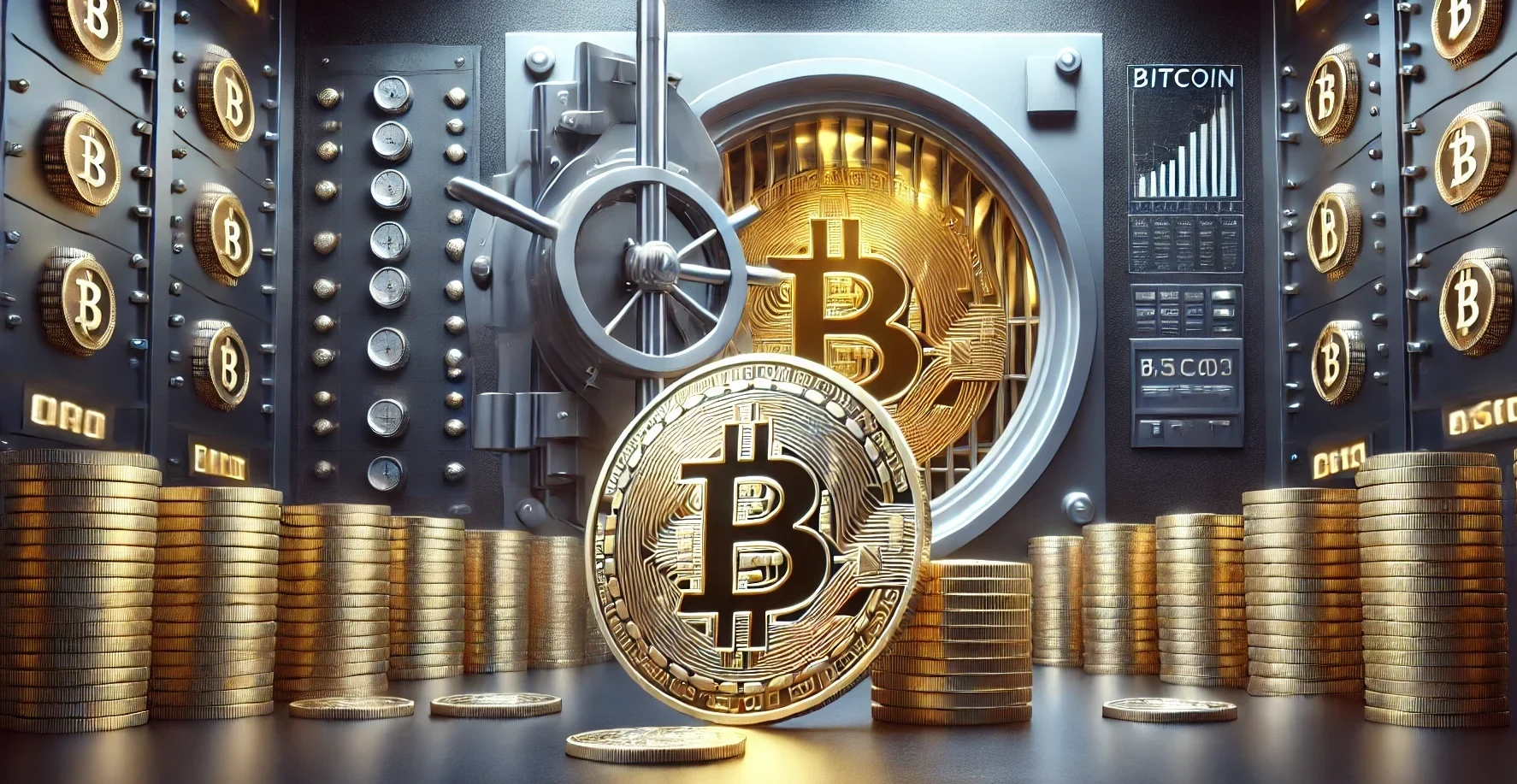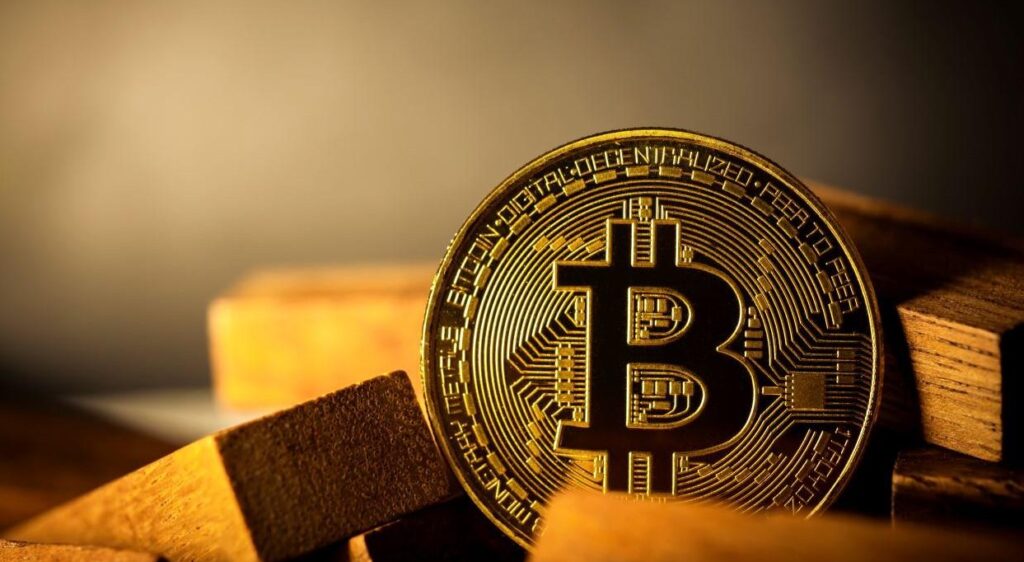Pakistan has revealed its first Bitcoin reserve, thereby positioning itself as one of the first nations in South Asia to adopt a sovereign cryptocurrency strategy, marking a historic shift in national policy. Revealed during a major Bitcoin Futures conference in the United States, this audacious action garnered interest from blockchain communities as well as global financial institutions. Bilal Bin Saqib, a social entrepreneur and blockchain advocate who has emerged as a significant voice in Pakistan’s digital revolution, sits at the heart of this momentous event.
This choice coincides with a period in which countries are reevaluating their financial ecosystems in response to rapid technological transformation. Pakistan’s decision to support Bitcoin as a reserve asset demonstrates a forward-looking approach to fiscal diversification and digital resilience, as inflation concerns, dollar reliance, and limited global access to finance plague developing nations.
Pakistan’s Strategic Bitcoin Reserve Initiative
A Bitcoin reserve refers to the strategic holding of Bitcoin by a sovereign entity, typically to demonstrate confidence in distributed technologies, hedge against the depreciation of fiat currency, and promote digital finance. For Pakistan, this reserve serves as a financial innovation designed to attract investment, facilitate cross-border trade, and connect the nation to the Web3 economy, rather than merely a policy tool.
 It is clear from Pakistan’s increasing acceptance of Blockchain despite legal ambiguity. For savings, peer-to-peer payments, and remittances, millions of Pakistanis interact with digital currencies. With an estimated $20 billion floating informally through digital assets, Pakistan rose in the top ten nations for grassroots crypto adoption in 2023, according to Chainalysis. Formalizing these transactions using a state-backed reserve not only supports more open and effective financial regulation but also certifies this parallel economy.
It is clear from Pakistan’s increasing acceptance of Blockchain despite legal ambiguity. For savings, peer-to-peer payments, and remittances, millions of Pakistanis interact with digital currencies. With an estimated $20 billion floating informally through digital assets, Pakistan rose in the top ten nations for grassroots crypto adoption in 2023, according to Chainalysis. Formalizing these transactions using a state-backed reserve not only supports more open and effective financial regulation but also certifies this parallel economy.
Bilal Bin Saqib’s Bitcoin Vision
The credibility and vision of the announcement owe much to Bilal Bin Saqib, the Pakistani entrepreneur whose activism has created waves around the world. Having graduated from the London School of Economics, Bilal initially gained recognition for his humanitarian efforts with Tayaba.org, a nonprofit organization addressing water scarcity in rural Pakistan. His efforts landed him on Forbes’ 30 Under 30 list, and since then, he has developed into a thought leader at the intersection of technology, influence, and finance.
Bilal participated in the Bitcoin reserve project not by accident. He has promoted blockchain solutions in governance and development over the past five years, working with policy think tanks, startup incubators, and worldwide development groups. Under his direction at the most recent US blockchain conference, a vision for a financially empowered Pakistan using distributed technology to advance transparency, efficiency, and equity was presented. Particularly for underdeveloped countries battling inflation, capital restrictions, and legacy banking institutions, he has often called Bitcoin a “tool for sovereignty.” His address at the summit focused on how Pakistan might benefit from a Bitcoin reserve in reaching financial independence and supporting future digital asset-backed infrastructure.
Bitcoin Reserve’s Economic Impact in Pakistan
The creation of a Bitcoin reserve is intended to impact several key areas of the Pakistani economy. It prepares the ground for regulatory certainty, which can boost local businesses, attract outside capital, and strengthen confidence in online transactions. For a nation that is primarily dependent on remittances—more than $30 billion annually—cryptocurrency can provide faster, less expensive, and safer financial transfers.
Blockchain innovation across several industries, including healthcare, agriculture, logistics, and digital identity management, also finds a welcome path here. The mass deployment of these technologies will depend mainly on public-private collaborations. By use of blockchain-powered smart contracts, Pakistan might simplify public service delivery, lower corruption, and expedite government procurement. Macroeconomically, the Bitcoin reserve adds fresh degrees of diversity to Pakistan’s asset portfolio. Bitcoin provides a deflationary, borderless store of value, rather than relying solely on gold, foreign currencies, or debt instruments. This reserve may serve as a steadying anchor in times of financial uncertainty or currency devaluation.
Regulatory Challenges for Crypto Legalization
Though there is great excitement, major legislative obstacles lie ahead. In Pakistan, cryptocurrencies have long been in a murky legal area. Banking institutions have limited access to cryptocurrency exchanges; the State Bank of Pakistan issued warnings against their use. However, this declaration sparks new discussions about regulating and controlling digital assets.
Working quickly to establish legal frameworks that address crypto taxes, anti-money laundering (AML) compliance, and digital asset exchanges will be required of regulatory organizations, including the Securities and Exchange Commission of Pakistan (SECP) and the Ministry of Finance. Well-defined policies will help to reduce hazards, promote development, and guard consumers. Pakistan would also need to satisfy foreign agencies, such as the Financial Action Task Force (FATF), that its encryption system conforms to global standards. Ignoring this can affect financial cooperation and foreign aid.
Global Applause and Strategic Partnerships
Most of the global crypto community has appreciated Pakistan’s action. Thought leaders from the Ethereum Foundation, Coinbase, and Binance hailed the decision as a bold move by a nation seeking to shape its digital future. Regarding liquidity collaborations, talent exchanges, and blockchain training programs, Pakistani fintech executives are in bilateral negotiations with worldwide crypto enterprises.
 This program also invites cooperation with multilateral organizations, such as the World Bank and the IMF, which are researching how digital assets will affect developing nations. Should Pakistan view its Bitcoin reserve as a model for distributed sovereign finance, it could potentially influence its neighbors, such as Bangladesh and Nepal, as well as regions in the Middle East.
This program also invites cooperation with multilateral organizations, such as the World Bank and the IMF, which are researching how digital assets will affect developing nations. Should Pakistan view its Bitcoin reserve as a model for distributed sovereign finance, it could potentially influence its neighbors, such as Bangladesh and Nepal, as well as regions in the Middle East.
Final thoughts
Pakistan’s venture into sovereign Bitcoin ownership may signal the start of a new phase in its financial development. The choice captures not only the country’s aim to utilize technology for social and economic transformation but also the growing relevance of decentralized finance (DeFi). Under leaders like Bilal Bin Saqib, the effort is more than just symbolic; it’s an absolute path toward resilience, autonomy, and creativity.
How this vision is implemented into legislation, infrastructure, and public involvement will ultimately be the real test. Done well, Pakistan may establish itself as a blockchain innovation powerhouse in South Asia, attract capital, increase digital literacy, and significantly contribute value to the global crypto conversation.


